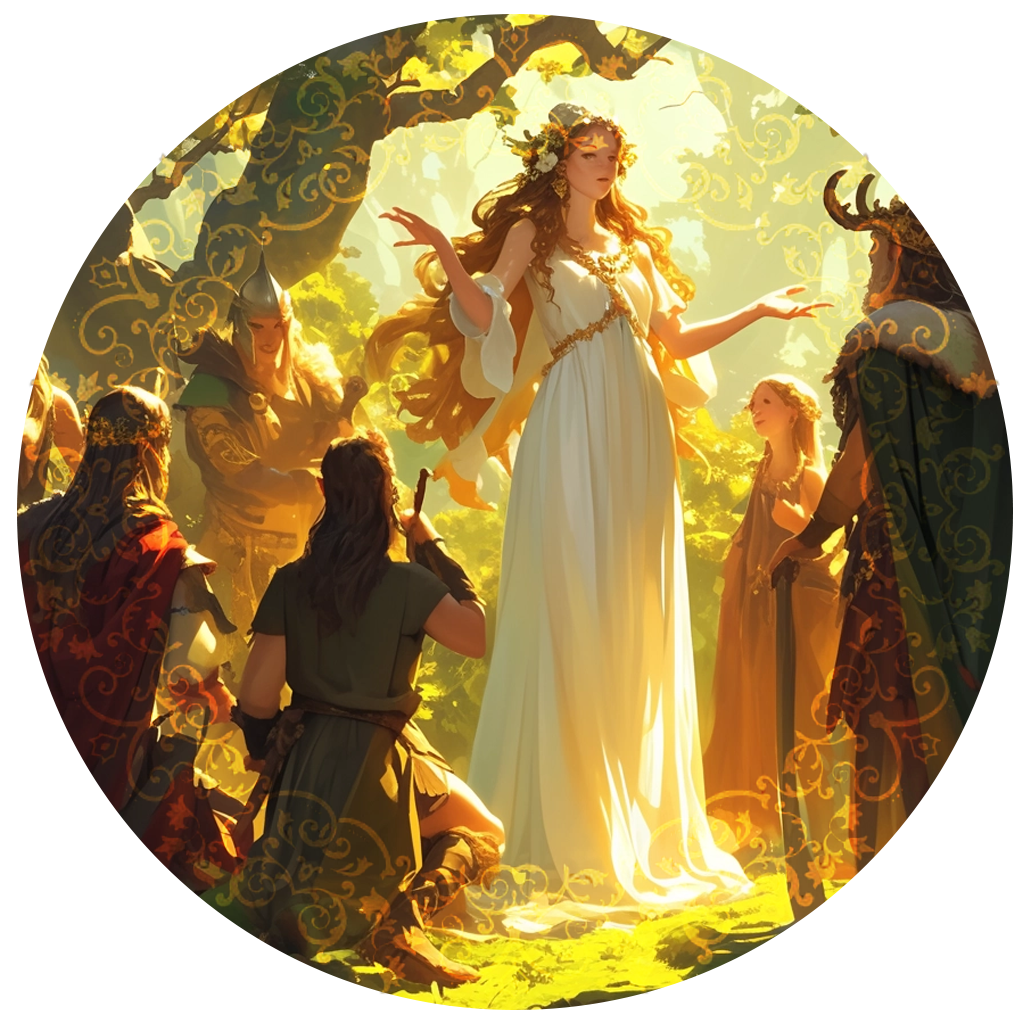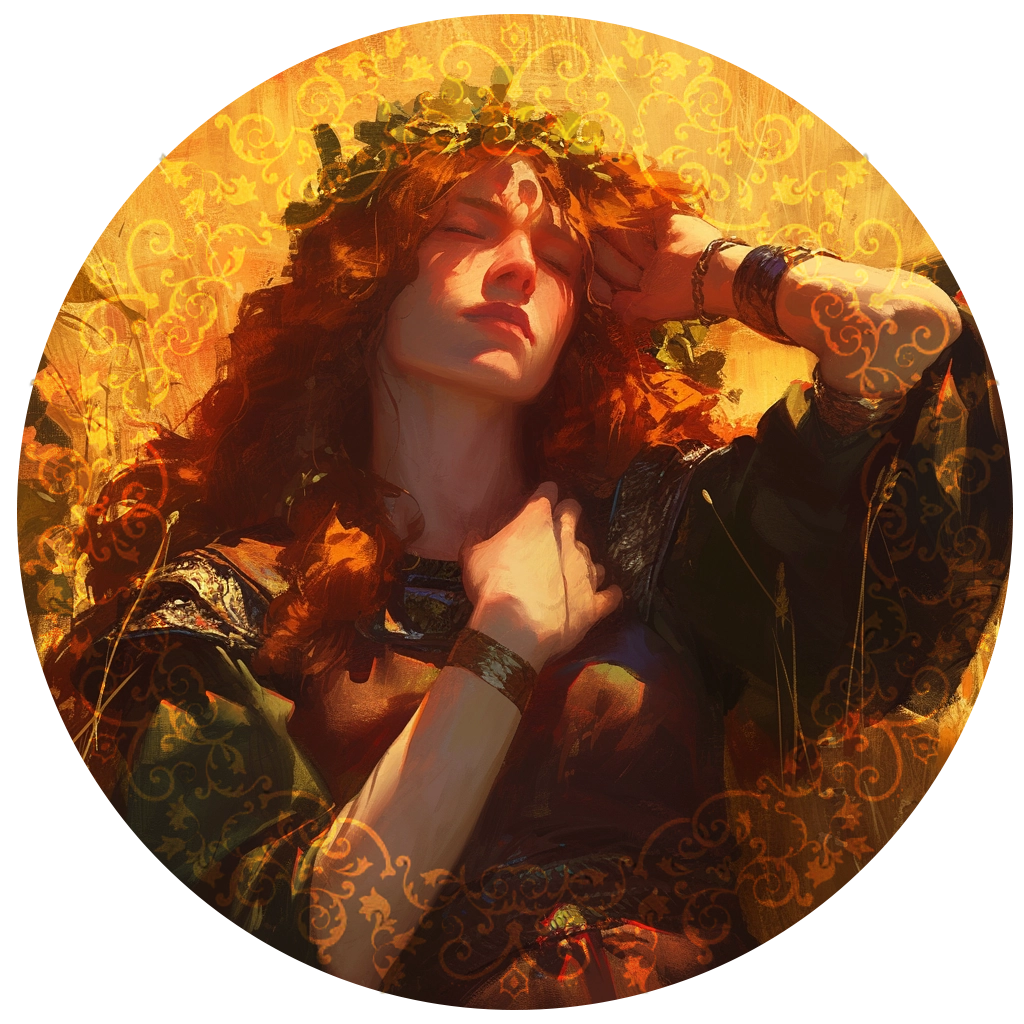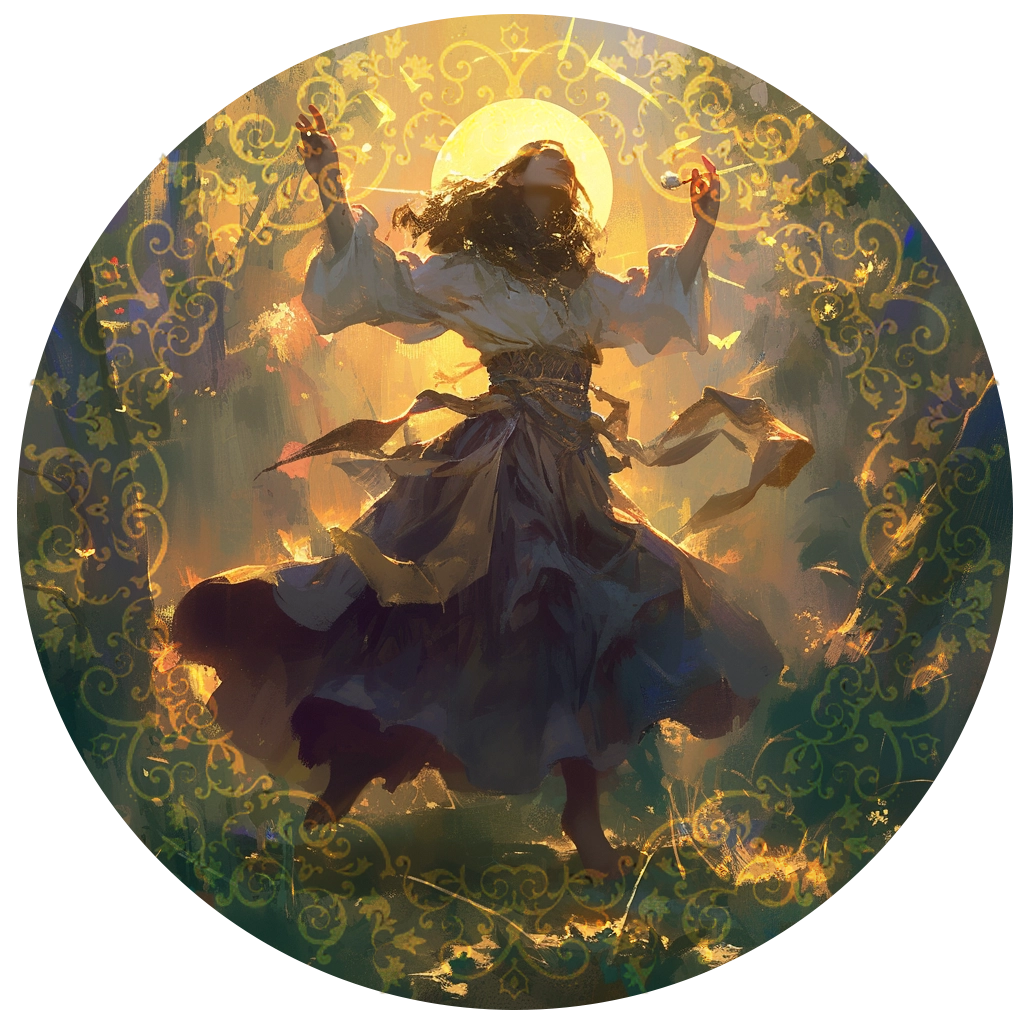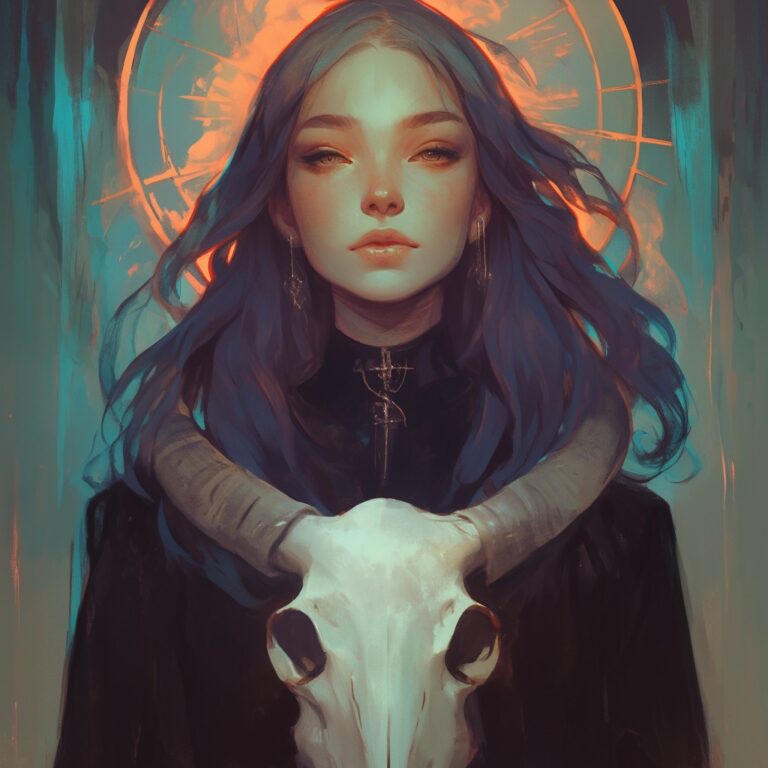Paganism is a big umbrella term covering lots of different spiritual beliefs and practices that aren’t part of the Abrahamic Religions. Think of it as a colorful tapestry with all sorts of threads woven together!

Within this diverse umbrella, you’ll encounter well-known paths like Wicca, Druidry, and Heathenry, alongside lesser-known ones that have been passed down through generations or are specific to certain regions.
But it’s not just about religion. Paganism also includes cultural practices and traditions from all over the world. From Native American ceremonies to ancient rituals in Africa and Asia, there’s a whole range of ways people connect spiritually.
At House Corvus Veritas, we aim to embrace and explore diverse traditions while educating others about the shared themes that unite these practices and religions. We believe in fostering a community where we can both learn from and contribute to the richness of these spiritual paths.
Do Pagans practice Witchcraft?
Within the broad spectrum of Paganism, certain traditions incorporate elements of Witchcraft, while others do not. This distinction is a matter of personal choice for practitioners, reflecting their individual beliefs rather than a mandatory aspect of being Pagan or adhering to a Pagan faith.
Do Pagans believe in the Devil or Hell?
Paganism encompasses a vast array of religious beliefs and practices from around the world. Within this diverse spectrum, some practitioners hold beliefs in entities such as the Devil and concepts akin to Hell, similar to certain Christian traditions, while others do not. Additionally, there is a range of perspectives regarding the worship of specific deities like the Devil—some individuals may choose to venerate such figures, whereas many others do not. It’s important to recognize that Paganism isn’t a singular, defined religion but a diverse tapestry of global belief systems and spiritual traditions.

Where does the term Pagan come from?
“Pagan” originates from the Latin word “paganus,” which originally referred to individuals living in rural areas or villages. Derived from “pāgus,” meaning a small land unit in rural districts, it carried connotations of rusticity or being a civilian. Initially, “paganus” held a derogatory sense similar to terms like “hick,” lacking any specific religious connotation.
With the rise of Christianity within the Roman Empire, adherents of old, non-Christian traditions became known as “pagans.” Later, during the reign of Theodosius I, the practice of ancient religions was outlawed in favor of Christianity, leading to the suppression of traditional pagan practices.
What is a Neopaganism?
Neopaganism refers to the modern revival of ancient pagan beliefs and practices. It helps us tell the difference between people who followed those old ways back then and those who are following similar beliefs today.
Basically, Neopaganism is about bringing back the spiritual practices of ancient times but adapting them to fit our lives now.
What is Eclectic Paganism?
Eclectic paganism, sometimes referred to as universalist or non-denominational paganism, represents a modern approach to spirituality in which practitioners merge elements of paganism with various religious or philosophical traditions. This inclusive practice involves blending different pagan traditions, as well as incorporating teachings and practices from other belief systems.

In essence, eclectic paganism embraces a flexible and open-minded approach to spirituality, allowing individuals to draw inspiration from a diverse range of sources. This may include integrating concepts from different pagan traditions, such as Wicca, Druidry, or Heathenry, as well as incorporating ideas from other religions or philosophies, such as Buddhism, Hinduism, or indigenous spiritual practices.
The essence of eclectic paganism lies in its emphasis on personal exploration and synthesis of beliefs and practices. Rather than adhering strictly to one specific tradition, practitioners are encouraged to follow their intuition and create a spiritual path that resonates with them personally. This may involve experimenting with rituals, exploring different mythologies, or incorporating elements of meditation and mindfulness from other spiritual traditions.
What does House Corvus Veritas Teach its Students?
At House Corvus Veritas, students are instructed in the principles of Eclectic Paganism. This educational program embraces a diverse and inclusive approach to spirituality, drawing upon a wide range of pagan traditions and philosophies. Through a curriculum emphasizing exploration, critical thinking, and personal discovery, students are encouraged to cultivate a deep understanding of the interconnectedness of all spiritual paths.





